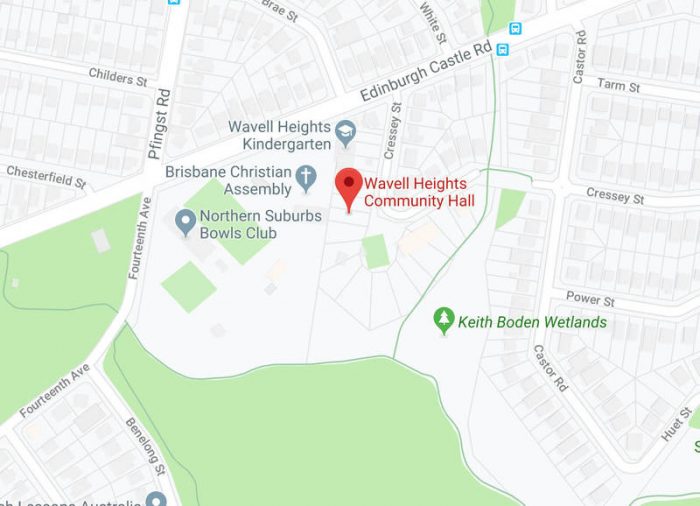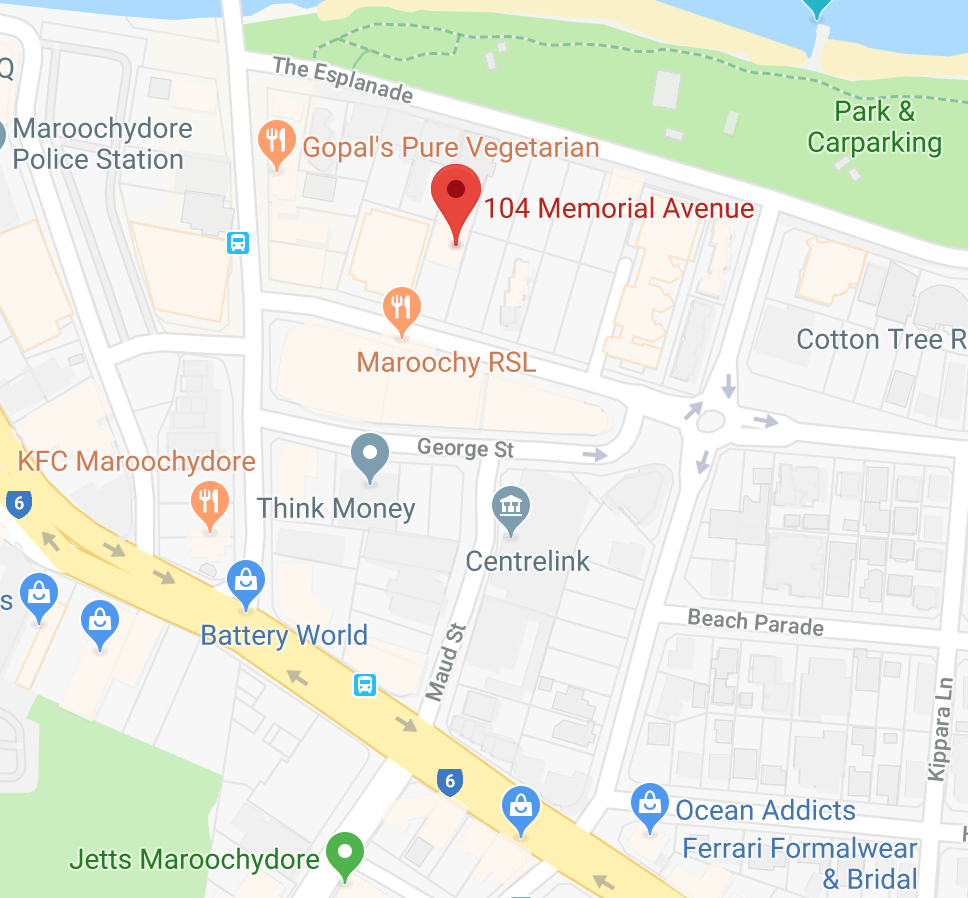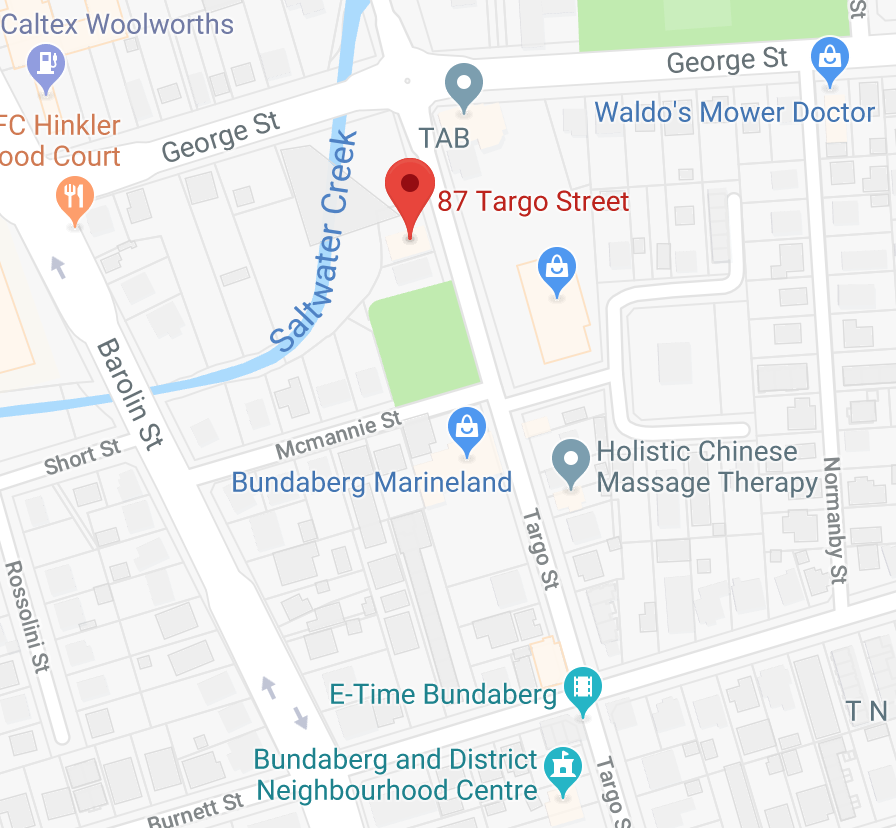Our gut bugs count for more than you might think. Not only is research turning up links between the gut and nutrient absorption, diabetes, heart disease, obesity, and many other conditions, but it’s showing that our bones are affected too. We have over a kilogram of bacteria, fungi and other organisms living in our gut. Although some of them can make us sick, many are important for everything from extracting (and making) nutrients from food to strengthening our gut barrier and developing our immune system.
Our gut acts
In healthy stomachs and intestines, there’s a thick layer of mucous protecting the cells on the inside of the gut. The protected cells can then close ranks on anything harmful that makes it past the mucous. Where there’s inflammation in the gut, the mucous and the cells don’t guard against bacteria or their products, and white blood cells signal for reinforcements.
This inflammation causes fewer
How do we restore balance? The heavy hitters are nutrient-rich diets high in
Firstly, varying your diet to achieve a range of prebiotics encourages balance. Prebiotics are essentially the parts of our food we don’t digest, so our bacteria feed on it instead. Lactose, soluble and insoluble
Exercise has been shown to improve the balance of bacteria in the gut. There is early evidence that some probiotics, such as
For more useful information on bone health, please








